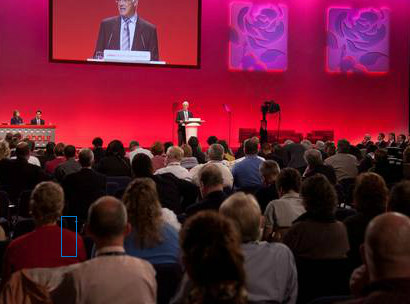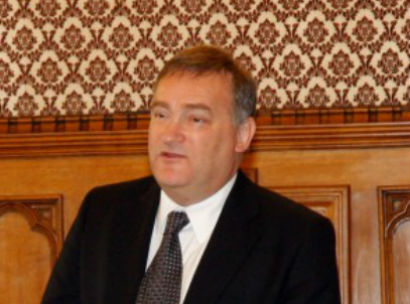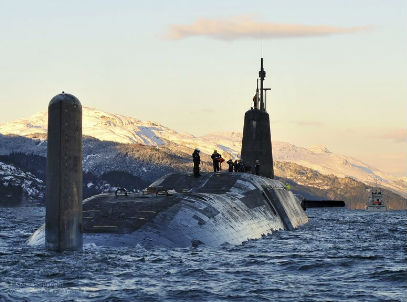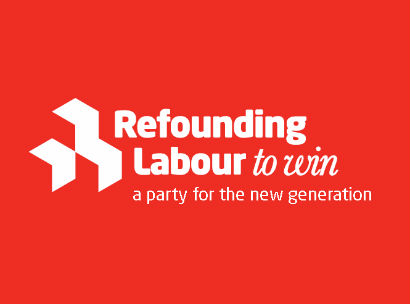Labour CND has drafted two resolutions, one on Disarming Trident and a second on Ending US and UK military interventions in the Middle East.
It is vital that Labour CND supporters ensure these debates are heard at Labour Party Conference.
- Make sure your CLP discusses and submits one of these resolutions.
- Make sure your delegate is present at any relevant Conference Arrangements Committee meeting before conference.
- Make sure you promote the resolution to ensure it is prioritised for debate.
The deadline for receipt of contemporary motions is Thursday 11th September 2014 at 12 noon.
The title has a maximum of 10 words and the motion a maximum of 250 words.
Please email info@labourcnd.org.uk and let us know if your CLP is submitting one of these or a similar motion.
Disarm Trident
Conference notes the Message to Congress by President Obama of 24 July on the extension of the US-UK Mutual Defence Agreement.
Conference further notes that the Prime Minister failed to consult or inform Parliament before signing the extension ofthis Treaty and regrets this disregard for democracy by the Government.
Conference recognises the extension of the Treaty is to permit ‘the transfer of classified information concerning atomic weapons’ in order ‘to assist the United Kingdom in maintaining a credible nuclear deterrent’.
Conference further regrets that the extension to the US-UK Mutual Defence Agreement runs counter to our Non-Proliferation Treaty commitment to disarm our nuclear weapons.
Conference notes that Labour’s National Policy Forum of 18-20 July discussed almost 50 submissions on Trident.
Conference welcomes the NPF decision to recognise the success of past international bans on weapons of mass destruction such as landmines, clusster munitions, and chemical and biological weapons and supports a definitive commitment to disarmament.
Conference resolves that Labour will support an international process to ban nuclear weapons, as a complementary and necessary mechanism to our commitment to disarm UK nuclear weapons under the Non-Proliferation Treaty.
Conference resolves that Labour will disarm Trident and not replace it, and re-allocate spending to where it best serves our society, including developing an industrial plan to make use of the skills of those workers in the sector.
End US and UK Military Interventions in the Middle East
Conference notes the announcement by Foreign Secretary Philip Hammond of 15th August that the UK will provide military equipment to Iraqi and Kurdish forces in northern Iraq.
Conference notes with concern the spread of the Islamic State in both Syria and Iraq and their ethnic cleansing of ethnic and religious minorities in both states.
Conference notes with regret the US and UK military intervention in Iraq in 2003 which resulted in an estimated 500,000 civilian deaths, the creation of 4 million refugees, and enforced the destabilising disintegration of Iraqi state and security infrastructure.
Conferences expresses concern that further unilateral military action by US and UK forces could further entrench sectarian divisions and make the establishment of a peaceful and unified country more difficult to achieve.
Conference resolves that Labour will reject unilateral military action or arming of forces by the UK and calls for a UN-authorised humanitarian response and calls on the UN to facilitate urgent negotiations for the peaceful resolution of this conflict.









